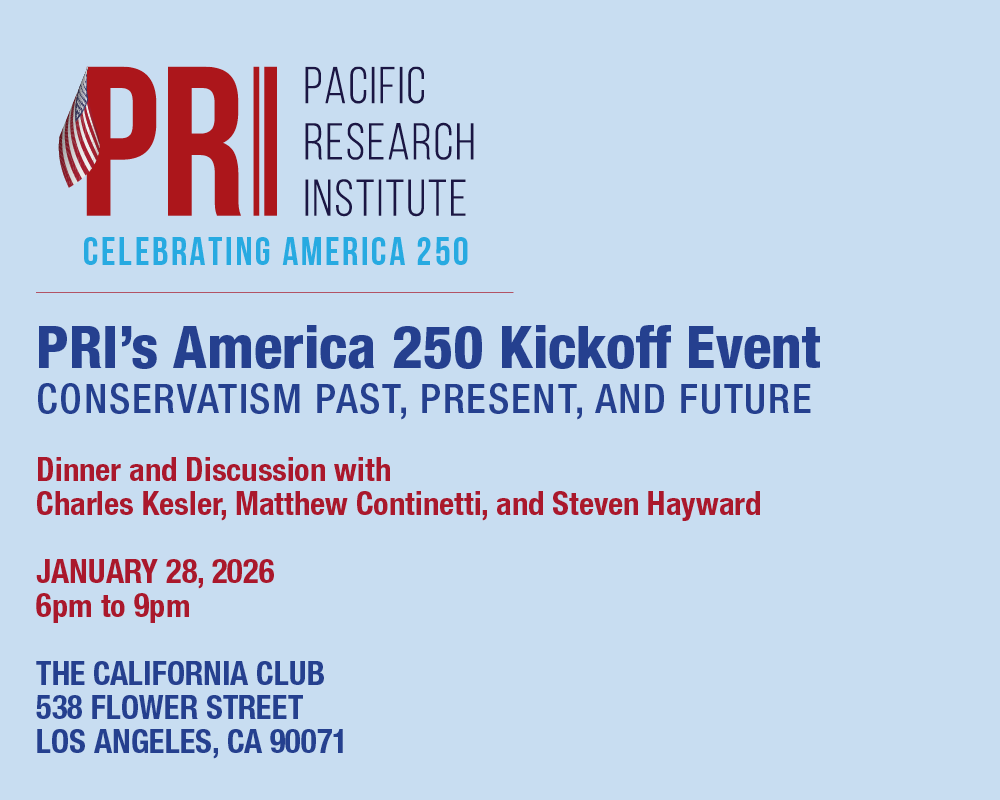Their survey found that 53% of Americans aged 18-39 would like to see a democratic socialist candidate win the 2028 presidential election, while 76% of respondents agree that ‘major industries like health care, energy, and big tech should be nationalized to give more control and equity to the people.’ Among self-identified conservatives, that figure rises to 79%, perhaps reflecting the resurgence of industrial, protectionist, economic policy under the current Trump administration.
The Heartland Institute ties support for democratic socialists to concerns over inequality: their survey found that 32% of respondents believed the economy unfairly benefitted either large corporations or the wealthiest Americans. A 2024 Ipsos Equalities Index similarly found that across 29 countries including the United States, Gen Z and millennials were more likely than Gen X and Baby Boomers to cite inequality as an issue in their country,
Polling data suggests that Americans associate socialism with equality. According to a 2021 George Mason survey, young people believe socialism is more conducive to ‘social justice, equal opportunity, and economic fairness,’ despite acknowledging that capitalism was superior for economic growth and job creation. A 2018 Gallop poll found that while socialism was predominantly understood in the 1940’s as government ownership of business, today it primarily connotes equality-both in rights and distribution.
Unease over inequality is in and of itself uncontroversial. Adam Smith, considered the father of capitalism discussed inequality extensively in his magnum opus The Wealth of Nations. He observed that inequalities in bargaining power and political access between masters and laborers depressed wages below what they otherwise would be. Milton Friedman was even more impassioned, remarking that “few can fail to be moved by the contrast between the luxury enjoyed by some and the grinding poverty suffered by others.”
Economist Thomas Sowell described the progressive crusade against inequality in his book The Quest for Cosmic Justice. Progressives seek to eliminate both man-made and natural sources of inequality and ensure equitable outcomes. Sowell, however, argued that their project was overly-ambitious and relied upon flawed assumptions, some of which hold currency even today.
Chief among them is idea that any disparities in outcome reflect systemic discrimination. Under this theory, differences in median household income and employment outcomes, for example, can be explained by discriminatory practices of wealthy, powerful elites who seek to hold onto their power. But disparities stem from a variety of uncontrollable sources: where one is born, the physical attributes one is endowed with, and even one’s birth order, all of which impact an individual in big and small ways, at various stages of their lives.
As Sowell eloquently argues in his aforementioned book, ‘the history of every people is a product of innumerable cross-currents, whose timing and confluence can neither be predicted beforehand nor untangled afterwards.’ How, then, do governments determine the wealth and allocation of goods each person is entitled to based on the hand they’ve been dealt at birth? How do they determine what people would have had but for discrimination?
Unable to perform these herculean tasks, government efforts to equitably redistribute wealth are often arbitrary and unfair. Reparations for slave descendants, a well-intentioned, yet unpopular policy initiative, typify these problems, because the monetary impact of slavery is difficult to quantify several generations on, and cash transfers penalize individuals who weren’t themselves complicit in slavery.
Governments may repeal laws which overtly discriminate, but attempting to eliminate the more subtle sources of disparities would require immense government oversight that would ultimately destroy freedom. Mere control over the economy would eventually morph into complete dominion over speech, property, association, and belief, reducing free people to instruments of the state. Such rhetoric may sound overwrought to young Americans, but the immigrants who risked everything to flee socialist regimes in Cuba, Vietnam, Cambodia, China, and the Soviet Union will attest to the evils of the ideology that is currently gaining traction.
Inequality is, to an extent, the natural outgrowth of a capitalist society which permits uniquely situated individuals to freely participate in market activity. Capitalism, however, also fosters a risk-taking, innovative, and entrepreneurial spirit that has lifted millions around the world out of abject poverty. No economic system is capable of satisfying the diversity of interests-economic or otherwise-that exist in a free society, but capitalism remains our best option.
While concerns over housing affordability and healthcare access ought to be taken seriously, the road to serfdom is paved with good intentions, and young Americans’ embrace of a seductive, collectivist philosophy may hasten the very servitude they seek to avoid.


